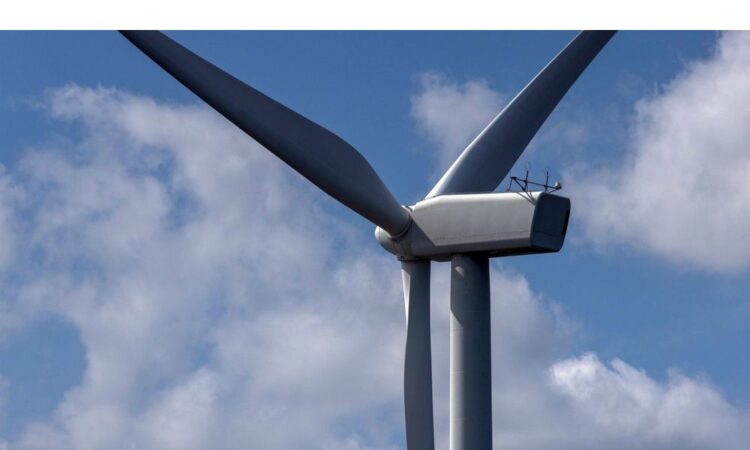
Article content
(Bloomberg) — The UK government signed an agreement with a group including the European Commission to develop offshore renewable projects in the North Sea, a deal that signals Britain is prepared to soften its stance in dealing with its former partners post-Brexit.
Article content
Ramping up projects such as wind farms at sea is set to play a key role if Europe is to reduce its dependence on natural gas and cut carbon emissions. The UK plans to increase capacity of offshore wind production fivefold to 50 gigawatts by the end of the decade, and aims for the economy to produce net-zero emissions by 2050.
Article content
“The development of renewables in the North Seas is critical for accelerating our clean transition and boosting energy security for the UK and our European neighbours,” Graham Stuart, UK Minister for Energy and Climate, said in a statement Sunday.
The projects will link electricity interconnectors and windfarms, and involves Belgium, Denmark, France, Germany, Ireland, Luxembourg, Netherlands, Sweden, Norway and the European Commission.
Article content
The deal comes before the UK is set to auction two seabed leases next year, capable of about 10 gigawatts of capacity for floating wind farms. According to BNEF, the country’s offshore wind market will have a capacity of 70 gigawatts by 2035, of which 8 gigawatts will be floating.
Read more: UK to Cut Power Grid Red Tape to Speed Transition to Wind Energy
The agreement, which largely restores an accord that was in place before Britain left the EU, sets out terms for further potential cooperation between the UK and the North Sea Energy Cooperation.
An agreement “will make it possible in the future to develop concrete joint offshore projects with this important partner country, which will benefit our supply of green electricity,” Germany’s deputy economy minister Sven Giegold said in a statement before the signing.
—With assistance from Petra Sorge.






